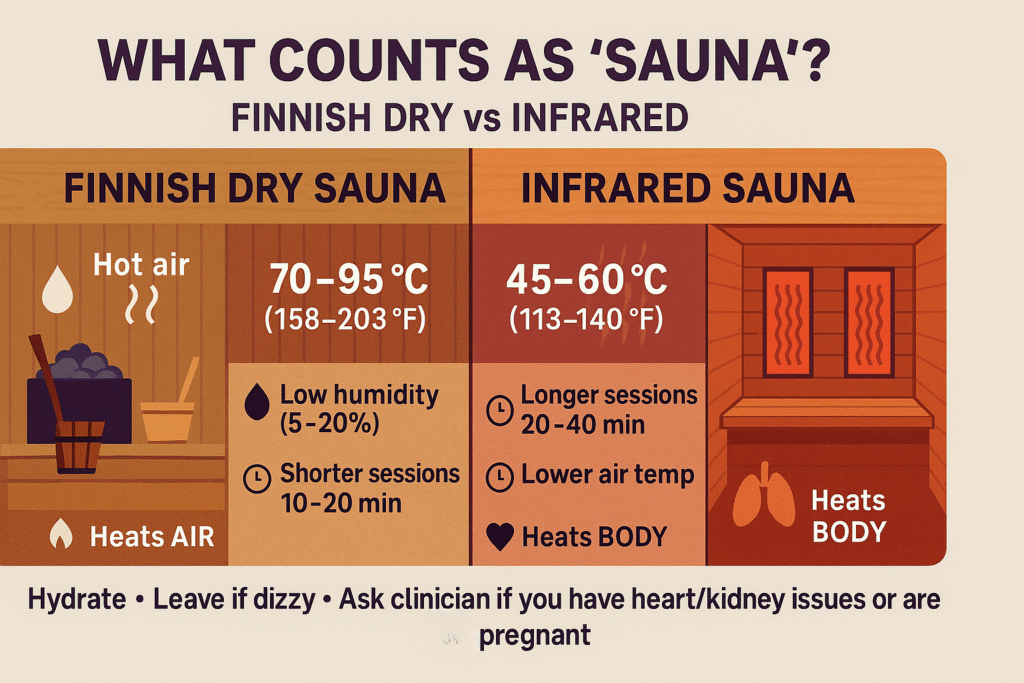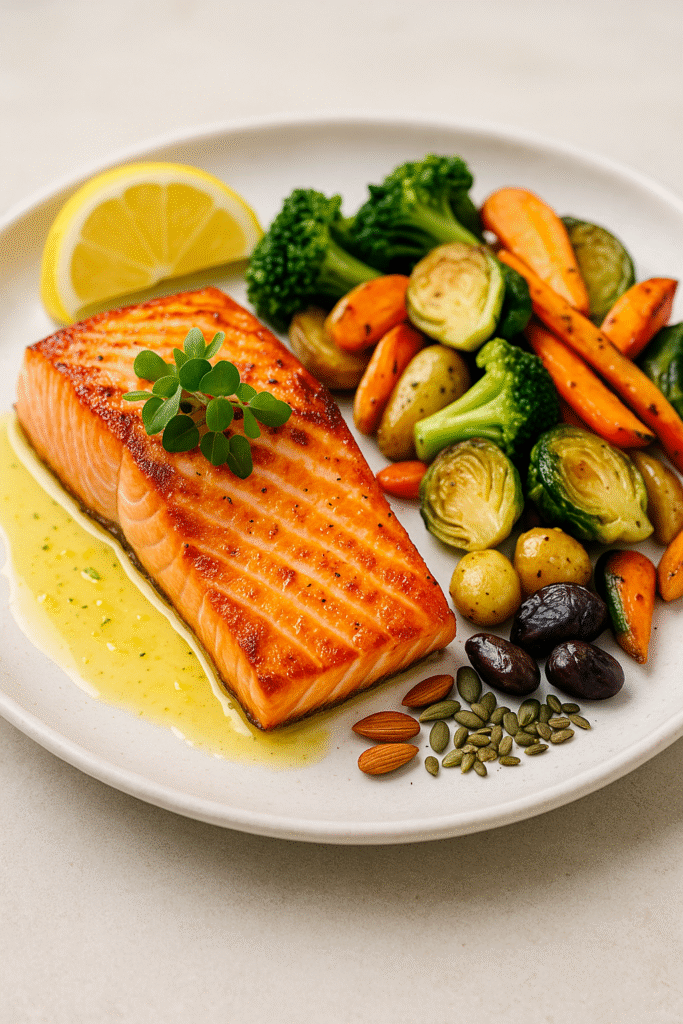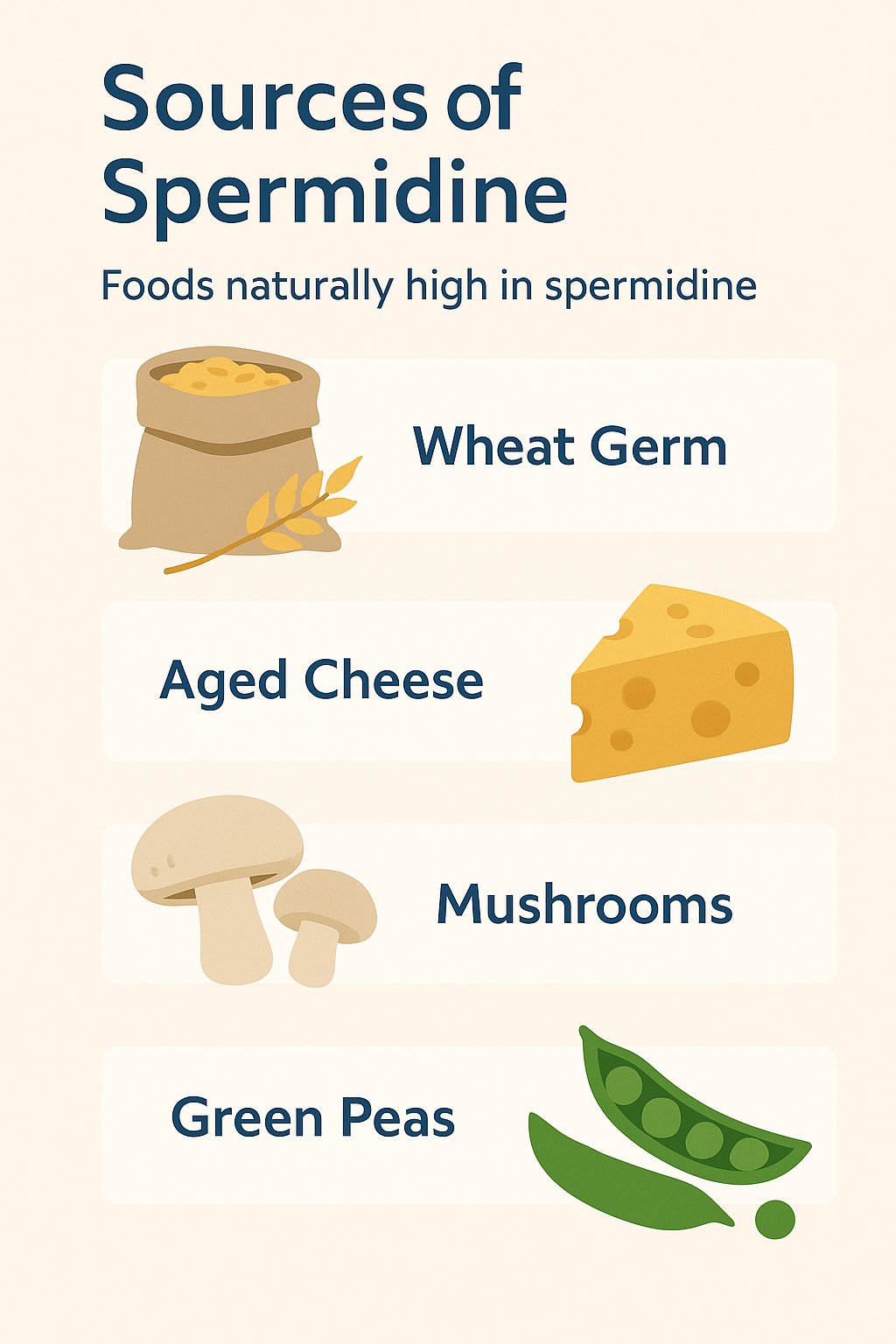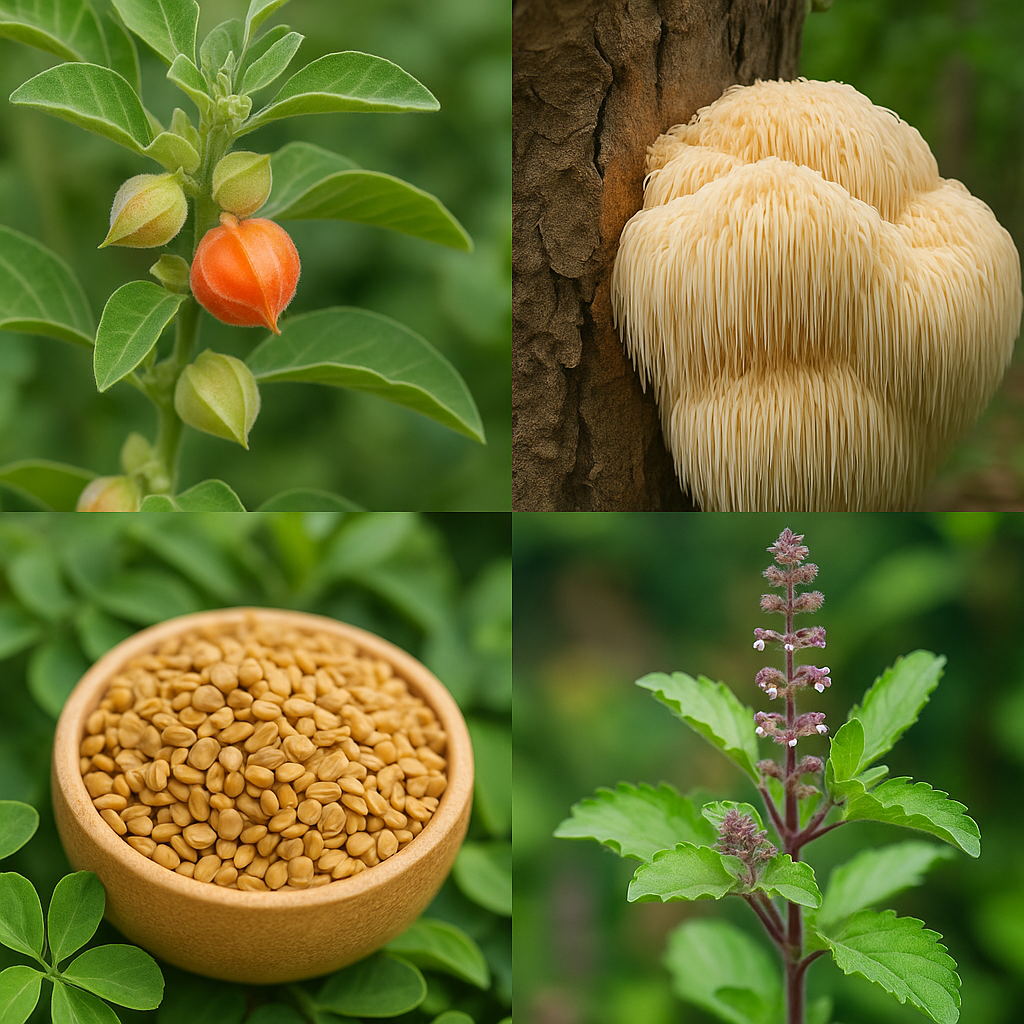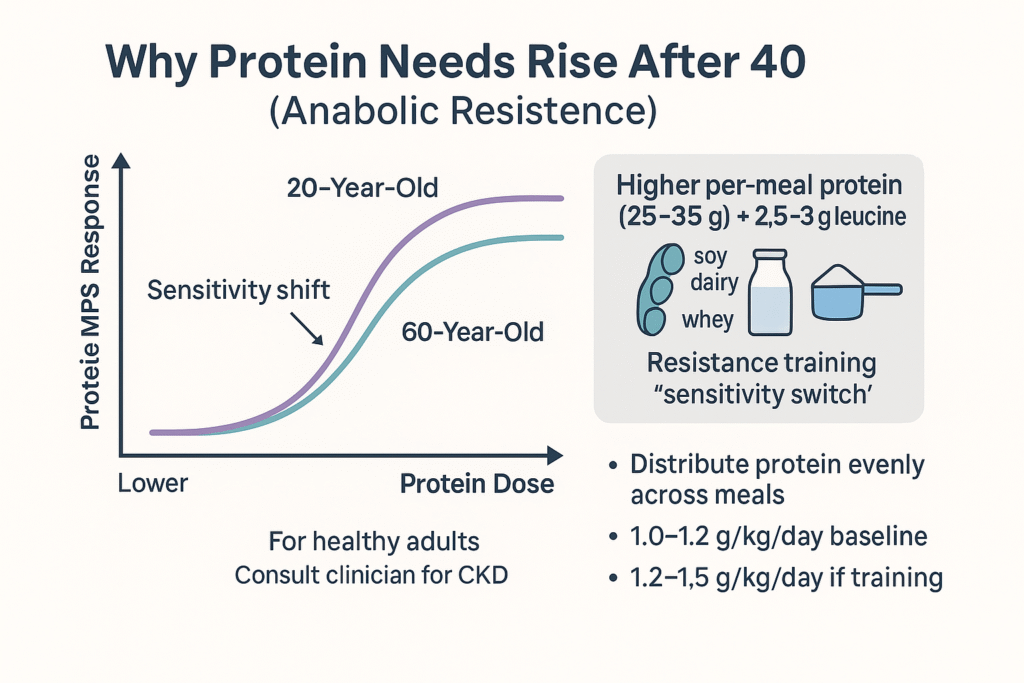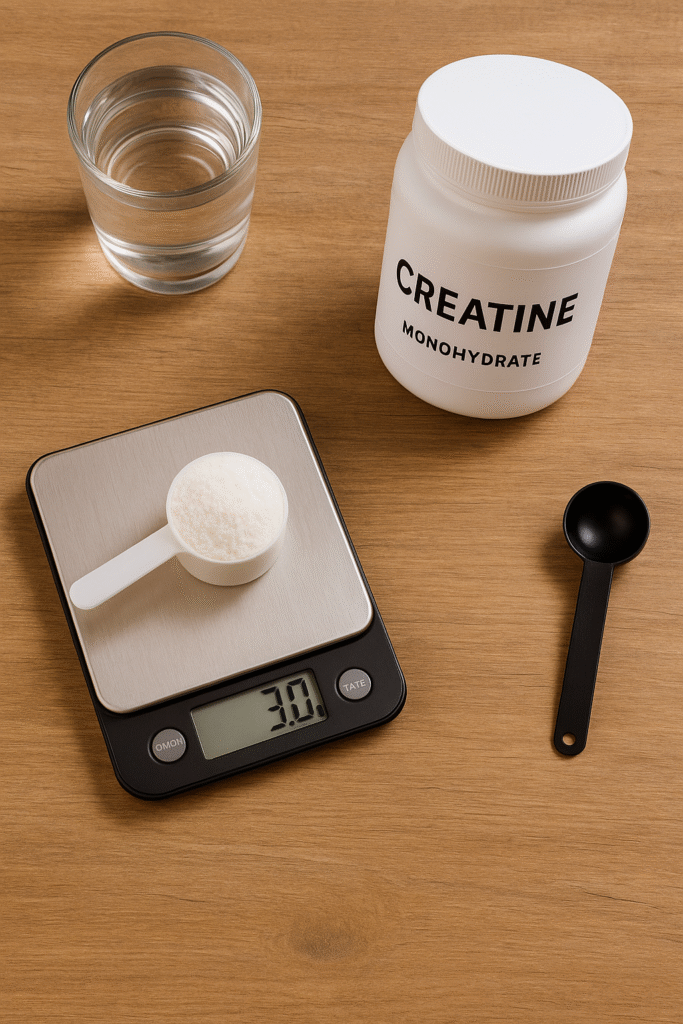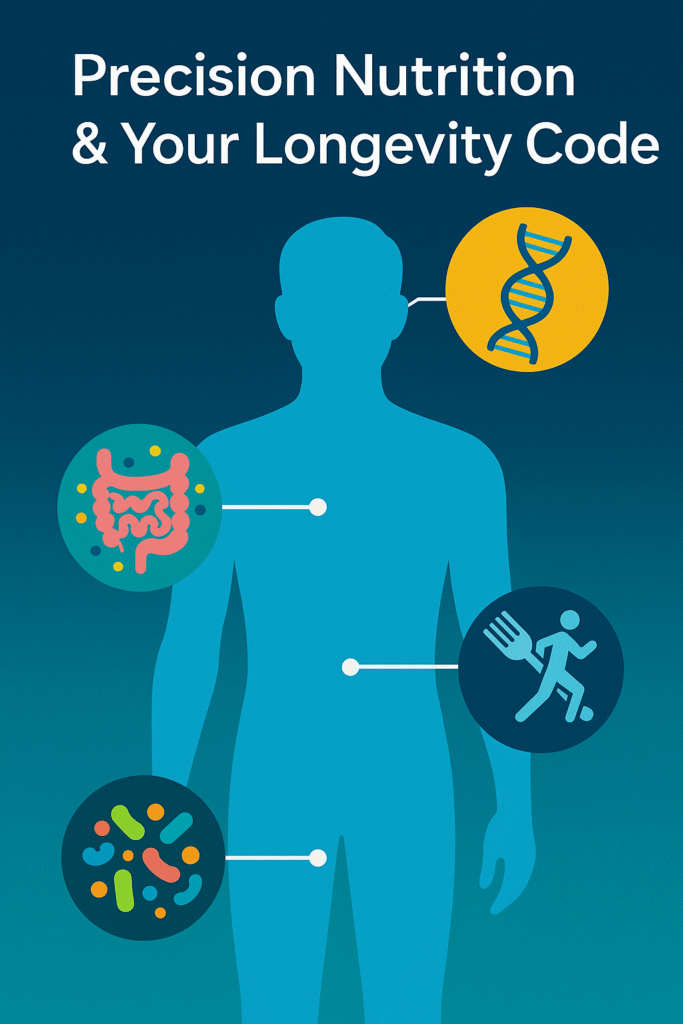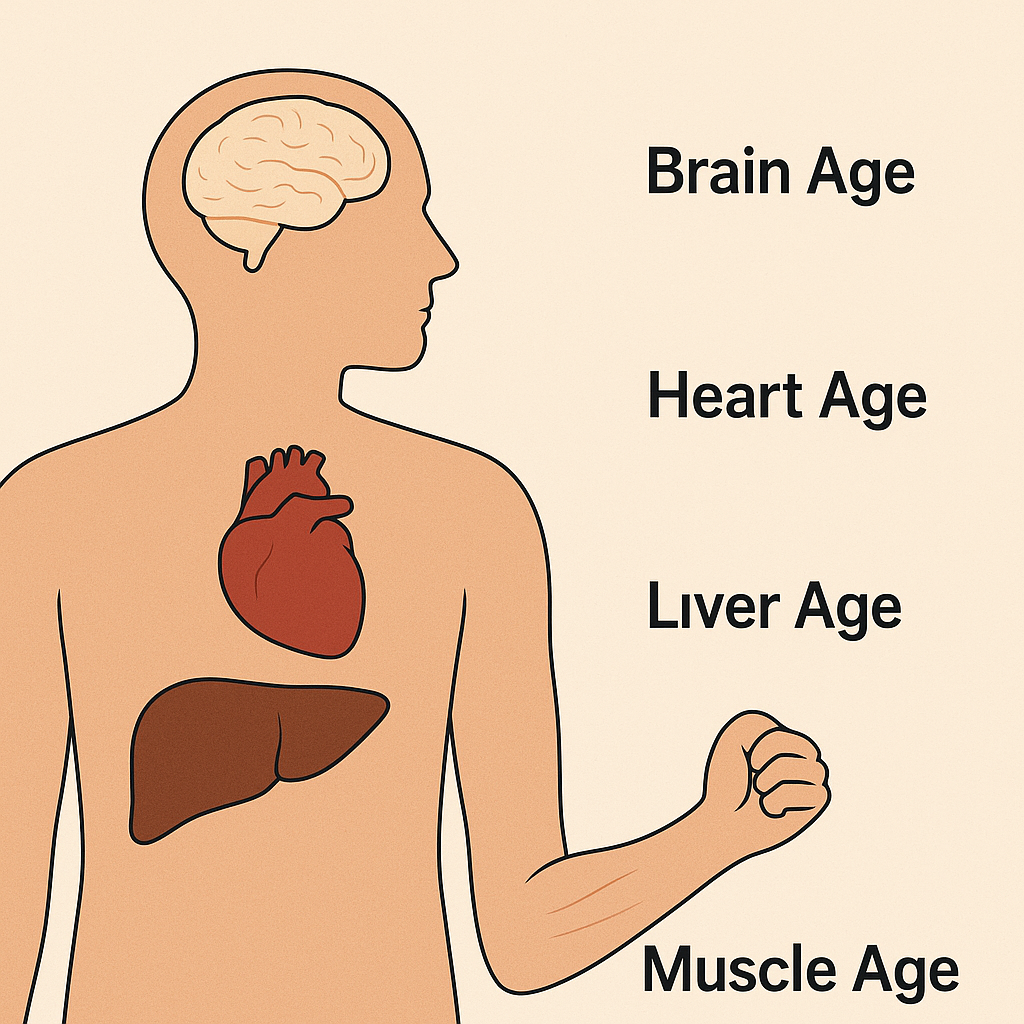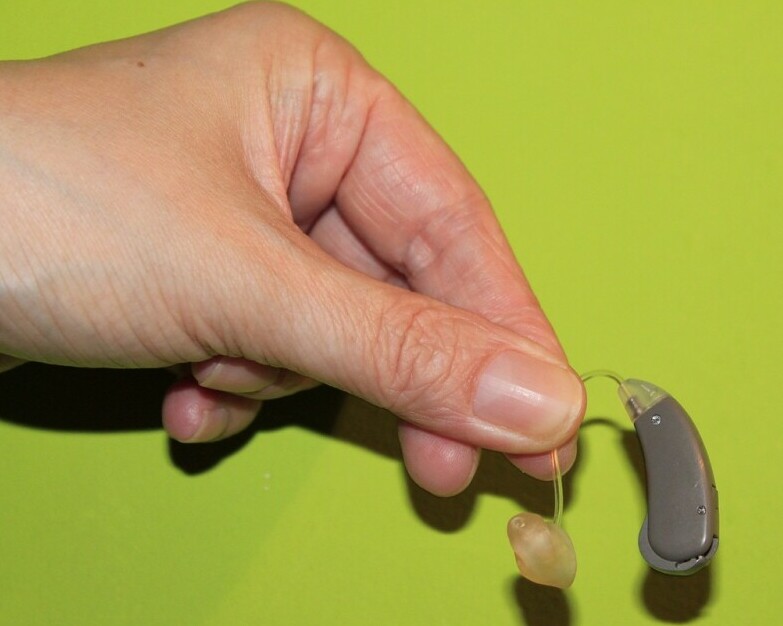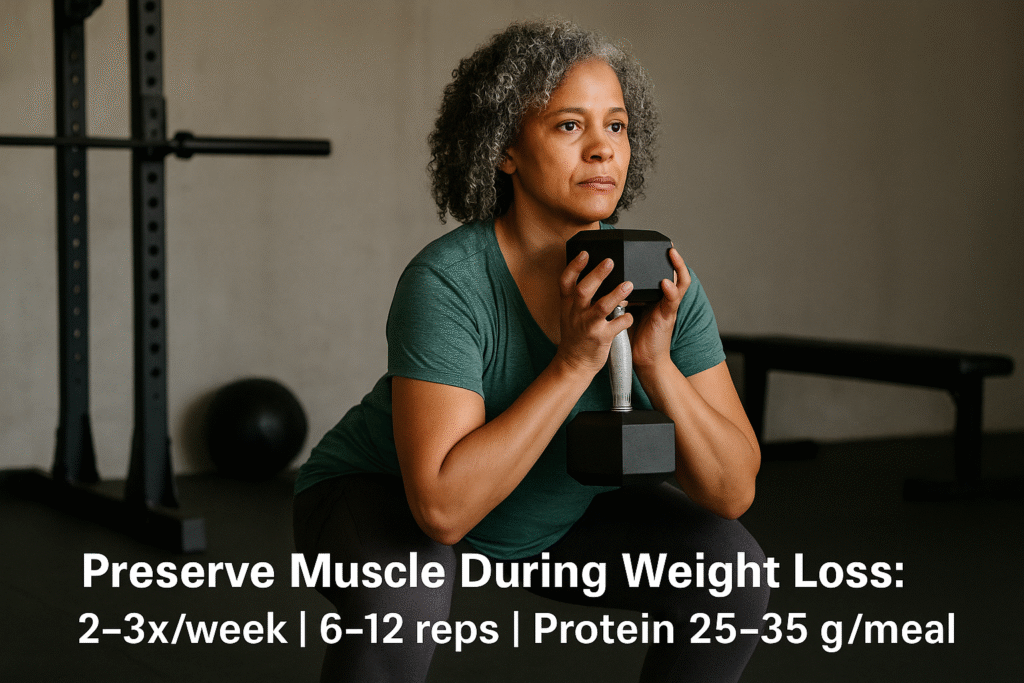Understanding Aging & the Immune System Connection
Aging, a natural and complex biological process, involves a gradual decline in cellular and organ function. This process, while universal, varies significantly among individuals due to a multitude of factors, including genetics, lifestyle, and environment. A critical aspect of aging is its impact on the immune system, often leading to a state called immunosenescence. This is characterized by a reduced ability to fight infections and a higher incidence of cancer, autoimmune disorders, and chronic diseases.
The immune system’s decline is intricately linked to chronic inflammation, a silent yet persistent state that can erode the body’s resilience over time. This inflammation can stem from various sources, including long-term diseases, lifestyle factors, and even the aging process itself. Chronic inflammation accelerates the aging process and exacerbates its effects, creating a vicious cycle.
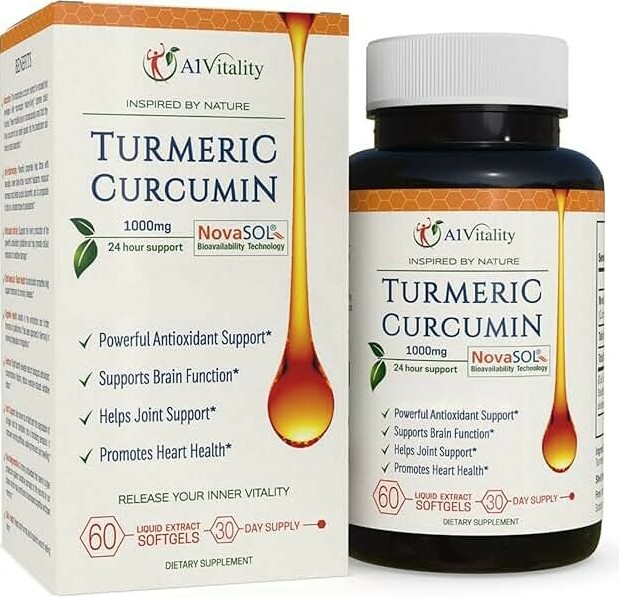
Understanding this connection is vital. It underlines the importance of maintaining a strong and responsive immune system as a cornerstone of healthy aging. Strategies to support immune health are, therefore, not just about preventing illness but about preserving overall vitality and functionality in our later years.
The Power of Antioxidants in Combatting Age-Related Oxidative Stress
Oxidative stress occurs when there is an imbalance between free radicals and antioxidants in the body. Free radicals are oxygen-containing molecules with an uneven number of electrons, which allows them to easily react with other molecules. These reactions can be beneficial (such as in fighting pathogens) or harmful (leading to cellular damage).
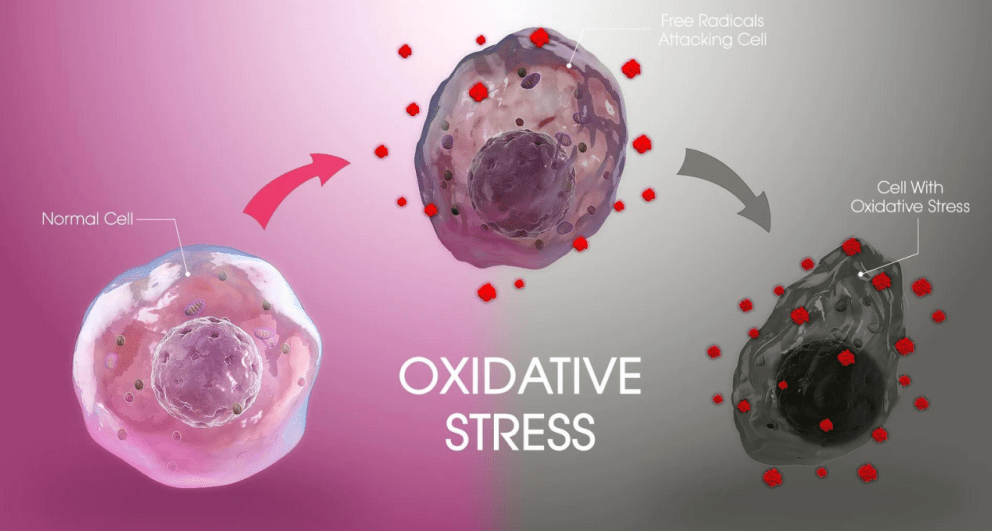
Antioxidants are compounds that can donate an electron to a free radical without becoming destabilized themselves, thus stopping the chain reaction of damage. They are the body’s natural defense against the harmful effects of oxidative stress.
The link between oxidative stress and aging is well-documented. Research has shown that oxidative stress damages cells, proteins, and DNA, contributing to aging and the development of many diseases such as cancer, cardiovascular diseases, and neurodegenerative disorders.
Types of Antioxidants That Specifically Benefit Aging Immune Systems
Antioxidants come in various forms and perform different functions. For example, Vitamin C, a water-soluble antioxidant, helps combat free radicals in the body’s aqueous environments and is crucial for collagen production, wound healing, and immune function. Vitamin E, a fat-soluble antioxidant, protects cell membranes from oxidative damage and is vital for immune health and preventing inflammation.
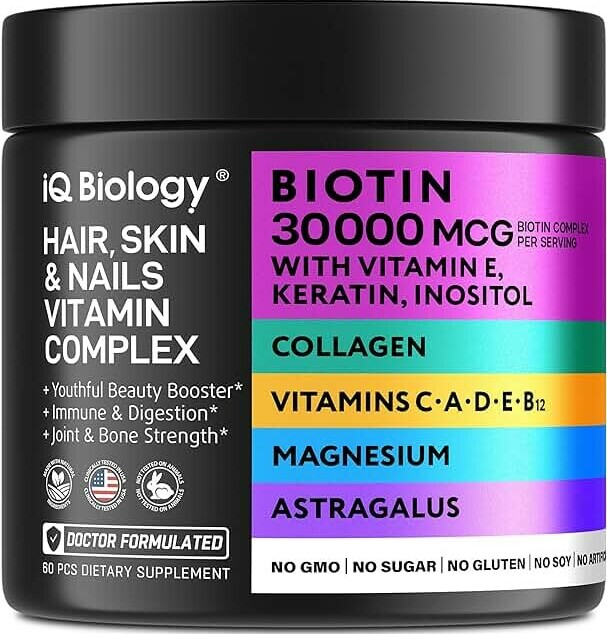
Minerals like selenium and zinc also play antioxidant roles. Selenium is a component of glutathione peroxidase, an enzyme that helps reduce oxidative stress, while zinc is essential for the normal development and function of immune cells.
Phytochemicals, like flavonoids and polyphenols found in fruits and vegetables, have been shown to have potent antioxidant properties. These compounds not only neutralize free radicals but also modulate the activity of enzymes involved in detoxification and stimulate the immune response.
Optimizing Your Antioxidant Intake for Immune Support
While supplements are a convenient way to increase antioxidant intake, they can’t replicate the complex mix of nutrients and phytochemicals found in whole foods. For instance, fruits and vegetables provide fiber and a host of vitamins and minerals that work in synergy with antioxidants.
The bioavailability of antioxidants from food can vary. Factors such as how the food is prepared and cooked, and even the soil it was grown in, can affect the nutrient content. Additionally, the body’s ability to absorb and utilize these antioxidants depends on individual health status and genetic factors.
A varied diet rich in colorful fruits and vegetables, nuts, seeds, whole grains, and lean proteins is the best way to ensure a broad range of antioxidants. Certain foods are particularly high in antioxidants, including berries, dark leafy greens, nuts like almonds and walnuts, and spices such as turmeric and cinnamon.
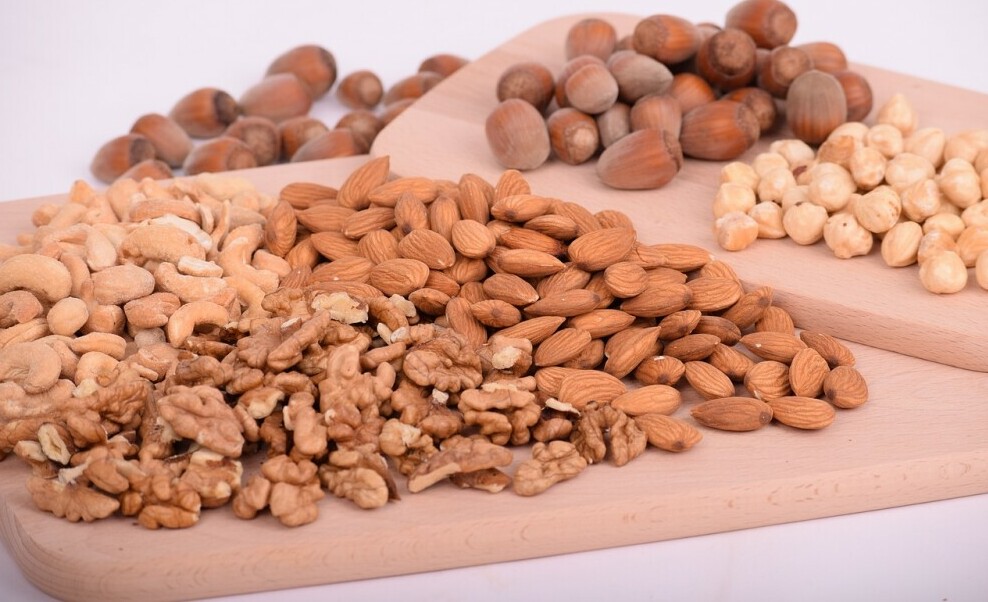
Integrating Antioxidant-Rich Lifestyle Choices for Longevity
Beyond diet, lifestyle choices significantly impact oxidative stress and antioxidant levels. Regular physical activity has been shown to increase the body’s production of natural antioxidants and improve immune function. Conversely, chronic stress can deplete antioxidant levels and exacerbate oxidative stress.
Sleep is another critical factor. Poor sleep quality or insufficient sleep can lead to increased oxidative stress and weakened immune function. Good sleep hygiene, therefore, is an important aspect of an antioxidant-rich lifestyle.
Environmental factors also play a role. Exposure to pollutants and toxins can increase oxidative stress, underscoring the importance of minimizing exposure where possible and choosing products and practices that are environmentally friendly.
Finally, community and healthcare support are crucial in adopting and maintaining an antioxidant-rich lifestyle. Public health initiatives, educational programs, and healthcare providers can offer valuable resources and guidance. Support groups, whether in-person or online, can provide encouragement and share experiences and tips for integrating these practices into everyday life.
In conclusion, embracing an antioxidant-rich lifestyle is a multifaceted approach to healthy aging. It involves not just dietary choices but also physical activity, stress management, and sleep hygiene. By understanding the role of antioxidants in aging and immune health and making informed choices, we can greatly influence our quality of life as we age. Aging is an unavoidable part of life, but how we age is something we can influence. With the right strategies, we can look forward to a healthier, more vibrant old age.
Disclaimer: All the content on this site is for informational purposes only, does not constitute medical advice, and does not establish any kind of patient-client relationship by your use of this website. I am not a health care professional. The information, including but not limited to text, graphics, images and other material contained on this website are for informational purposes only. No material on this site is intended to be a substitute for professional medical advice, diagnosis, or treatment. Before starting any new regimen, supplement, diet, or program, it is crucial to consult with a healthcare professional to ensure it is safe and suitable for your individual health needs and circumstances. Here’s a little transparency: This website also contains affiliate links. This means if you click and make a purchase, we may receive a small commission. Don’t worry, there’s no extra cost to you. It’s a simple way you can support our mission to bring you quality content.



